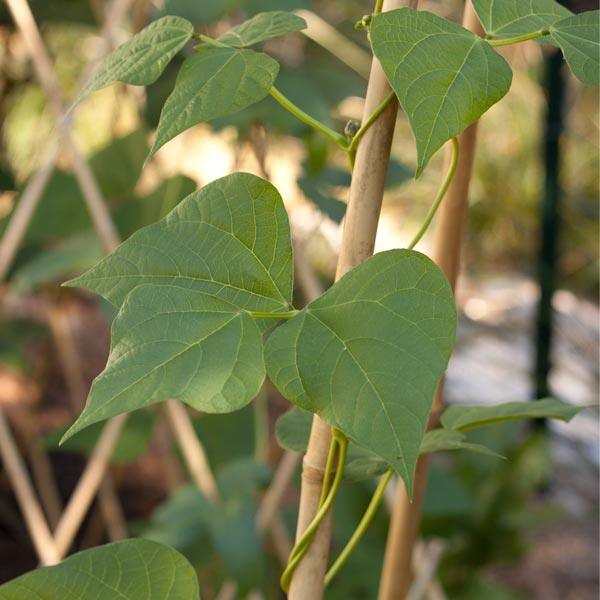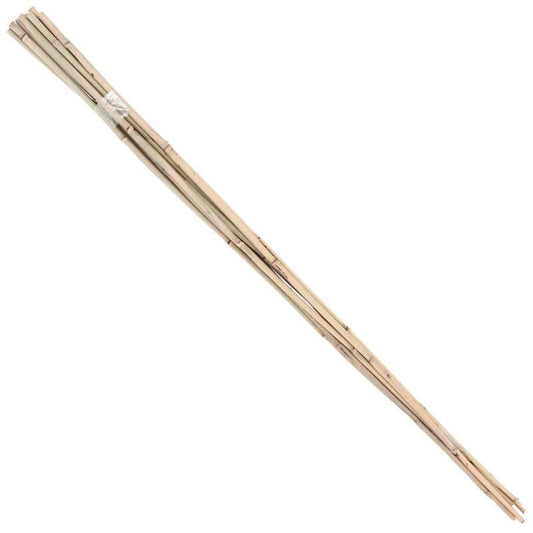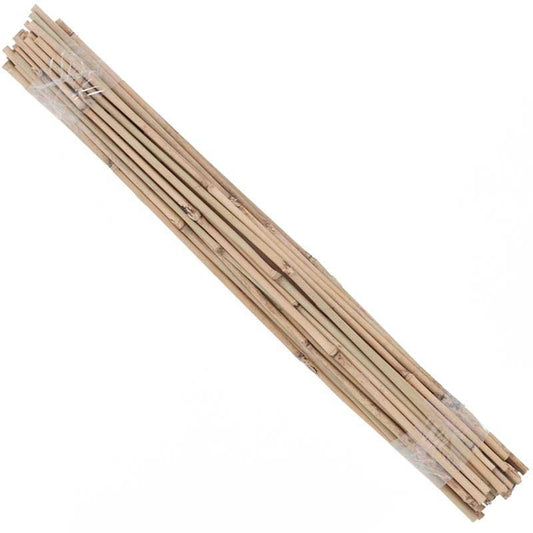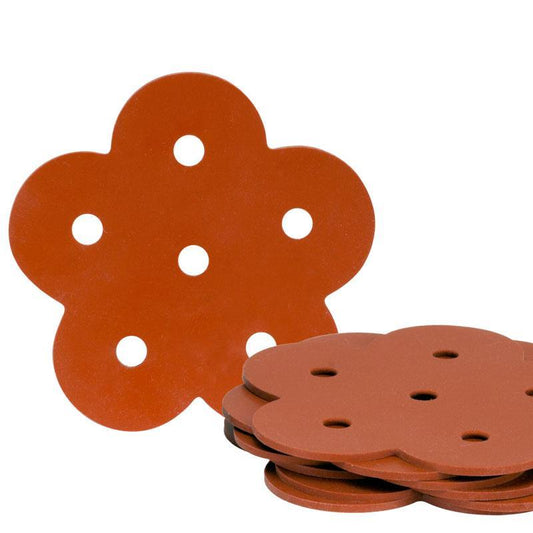
Durable, Eco-Friendly Bamboo Garden Stakes for Plant Support
Support is essential to help plants grow strong and healthy. Our collection of bamboo garden stakes and accessories is designed for every gardener—whether you’re supporting tomatoes, guiding climbing beans, or securing potted plants.
Made from natural bamboo, these stakes provide sustainable, long-lasting support for vegetables, herbs, flowers, and more.
Why Choose Bamboo Stakes?
Bamboo stakes offer an ideal balance of strength, flexibility, and sustainability:
-
Eco-friendly & sustainable – Bamboo is fast-growing and renewable
-
Strong yet lightweight – Suitable for heavy crops or delicate seedlings
-
Versatile support – Perfect for in-ground beds, raised gardens, and herb garden stakes
-
Naturally weather-resistant – Durable for outdoor use
Available in multiple sizes (2' to 10') and pack options, including garden stakes bulk, to fit any project.
Practical Uses for Bamboo Sticks in the Garden
Our bamboo sticks for plants are essential for various gardening tasks:
Support Structures
- Build custom frames, tripods, or bamboo sticks for trellis systems
- Use with garden ties or connectors for adjustable support
Vertical Gardening
Container Gardening
- Ideal bamboo sticks for staking potted plants or herbs
- Use as herb garden stakes in patio or balcony gardens
How to Use Bamboo Stakes Effectively
- Select the Right Length: Match stake height to plant size; taller plants may require stakes up to 10’.
- Secure in Soil: Insert stakes firmly beside plants for stability.
- Tie Gently: Use soft garden ties to attach stems without damage.
- Adjust as Needed: Monitor growth and reposition ties accordingly.
See our guide: Plant Support Options Video
Shop Our Bamboo Garden Stakes Collection
Choose from various sizes and pack quantities:
- 2' Bamboo Stakes (50-pack): For low-growing veggies and potted plants
- 4' Bamboo Stakes (10-pack): Versatile support for medium plants
- 7' and 10' Bamboo Stakes (10-pack): Heavy-duty for tall crops and vines
- Cane Connectors (6-pack): Build teepees or trellises easily
Bulk options are available for larger gardens and farms.
Need ideas for using stakes of wood and vertical supports? Read Plant Supports for Garden Vegetables.
Build a Healthier, More Productive Garden
From bamboo sticks garden structures to bamboo sticks for trellis and beyond, our bamboo garden stakes provide natural, strong, and eco friendly support. Whether staking herbs or climbing beans, these tools help your plants support themselves naturally.
Shop now to strengthen your garden sustainably with durable, natural support.







